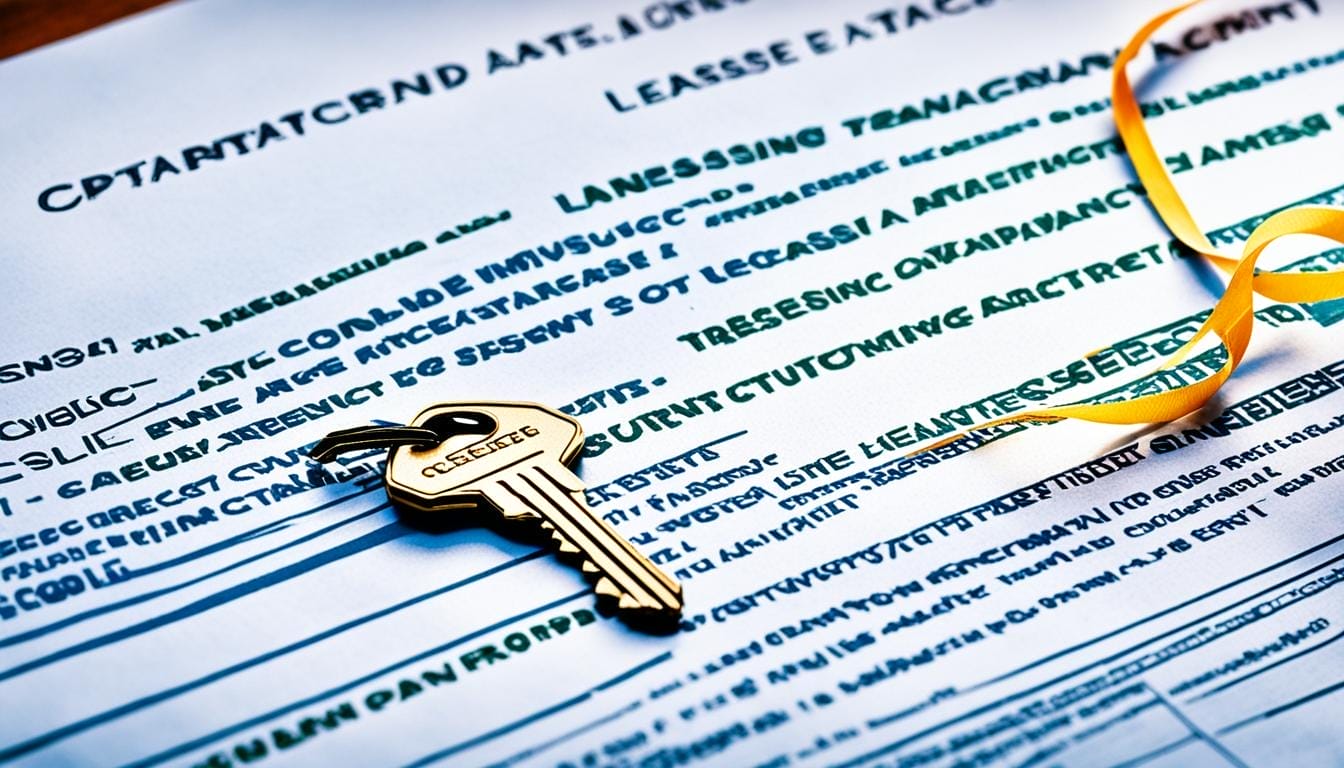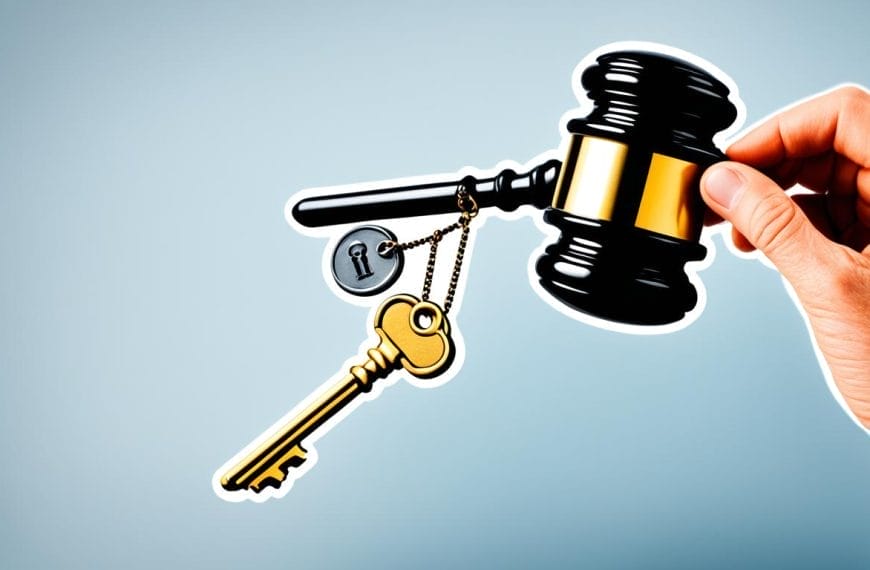Understanding Your Rights as a Property Owner
Owning property comes with a bundle of rights and responsibilities. This guide explores real rights in property law, helping you understand and navigate your ownership journey.
What are Real Rights in Property Law?
Real rights refer to the legal entitlements associated with property ownership. These rights empower you to enjoy, utilize, and control your property within the boundaries of the law. They are protected by the 5th and 14th Amendments of the U.S. Constitution, ensuring your ownership interests are safeguarded.
Types of Property Rights
There are three main types of property rights:
- Real Property: This encompasses land and anything permanently attached to it, such as buildings, trees, and other structures. As a real property owner, you have the right to possess, use, exclude others, transfer, and control your land, making decisions about its development, leasing, sale, and use.
- Personal Property: This includes movable objects like personal belongings, household items, vehicles, bank accounts, and investments. You have the right to use, possess, sell, and transfer your personal property as you see fit.
- Intellectual Property: This covers intangible creations like inventions, original works of authorship, and trademarks. It protects the exclusivity and ownership of creative ideas, allowing you to profit from your intellectual endeavors through patents, copyrights, trademarks, and trade secrets.
Property Transactions and Leasing
Property transactions involve buying and selling property rights. These processes typically require the expertise of realtors and attorneys to handle legalities and paperwork. As a property owner, you also have the right to lease your property to others. Rental agreements and leases outline the terms of the arrangement, including payment amounts, responsibilities of both parties, and renewal options.
Key Points:
- Property transactions involve buying, selling, and leasing property rights.
- Professionals can assist with legalities and paperwork.
- Rental agreements and leases define the terms of the arrangement between owners/landlords and tenants/lessees.
Limitations on Property Rights
While property rights are extensive, they are subject to limitations imposed by government regulations and voluntary agreements.
- Government regulations: Zoning laws, environmental regulations, and fair housing laws restrict how your property can be used to ensure organized development, protect natural resources, and prevent discrimination.
- Voluntary agreements: Leases, easements, and air rights conveyances grant others specific rights to access, use, or benefit from your property.
Understanding these limitations is crucial for avoiding legal conflicts and making informed decisions about your property.
Ownership Duties and Responsibilities
As a property owner, you have certain duties and responsibilities:
- Paying property taxes: Taxes fund essential public services. Failure to pay can result in penalties or even loss of the property.
- Maintaining your property: Keeping your property safe and in good condition is essential for preserving its value and ensuring the safety of occupants and visitors.
Fulfilling these responsibilities ensures legal compliance, protects your investment, and contributes to your community.
Conclusion
Understanding real rights in property law empowers you to make informed decisions about your property, maximize its benefits, and navigate the legal landscape of ownership with confidence. Remember, your property rights are not absolute, but by understanding the limitations and fulfilling your responsibilities, you can enjoy the full benefits of ownership.











